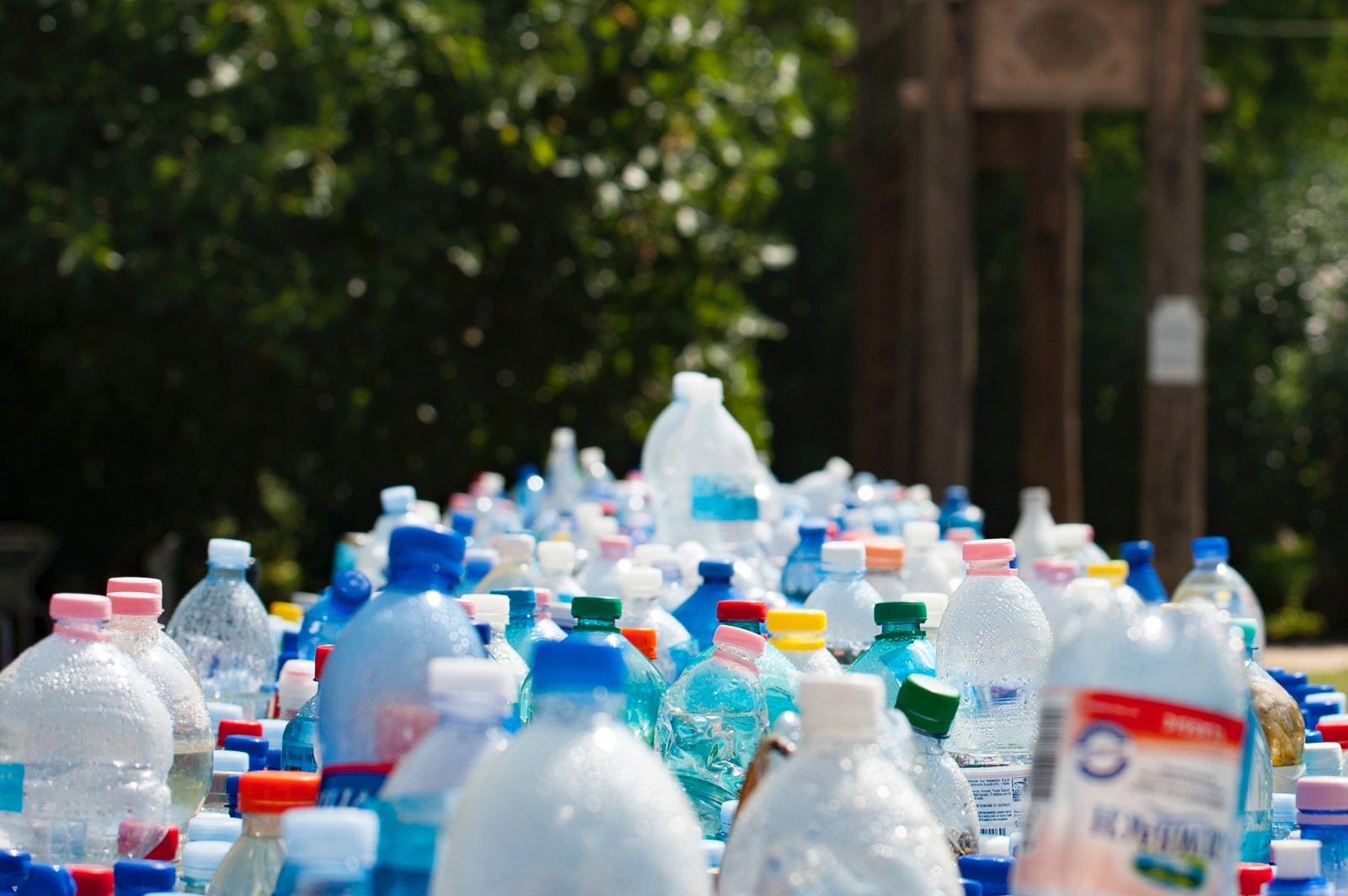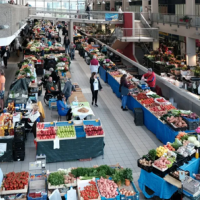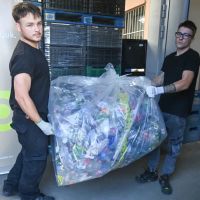Healthy School canteen

If an environmentalist writes an article on school canteens, it's guaranteed that
- all the 'dinner ladies' get their backs up
- all the kids think that it is against them
- the school management gets grumpy
Only the school doctor and the cleaning lady nod in agreement because they would face less decayed teeth and less litter. We can also rely on some resolute teachers. That's all�
Children need nutrition for their development and for concentration. 35% of their daily energy-need should be ingested during the morning hours, so it is essential that they have a sufficient and healthy breakfast and ten-o'clock-snack. Sufficient and healthy food? As almost all children visit the school canteen, even if they have brought food with them from home, these two rarely go together.
 |
The school management is responsible for the school canteen. Without a doubt, the caterer is interested in the highest possible profit and not in healthy food. No doubt he's going to put on the counter things like sweets, consumed because they are creamy-milky, crumbly-crispy, bubbly-fizzy. No doubt either that he favours packaging which can be sold and then thrown away with ease (no need to mess with it: collect it back, wash it and store it).
But tell me! Who has to work with the body which is bursting with sugar? Or with the coke-swilling hyper-active child? Who pays for removing the waste? I guess it is not the caterer operating the canteen �.
Responsibilities of the school management:
- Instead of succumbing to the encouragement of interested companies, a canteen should only be started when pupils and their parents express a need for a canteen; it's up to them to decide whether a school canteen is really required.
- It should also be decided whether an "organic/healthy choice" canteen would be more suitable. A canteen run by a school association might serve the aim better than one run by a company for profit.
- Those few schools which had the courage to opt for "alternative" canteens have learned that while doing things differently is interesting,
it also takes clever ideas and more effort: these canteens also have to be supervised by the health inspector and getting your hands on organic food is more difficult, as is getting around the tricks of sugar daddies and packaging psychopaths.
Those schools which take education for the environment and for a healthy lifestyle seriously, should be consistent and look critically at their canteens.
The question arises: in the name of consumer society, do we have the right to deprive children of the possibility to learn healthy lifestyles and environmental protection in schools?
Suggestions
- Traditional sandwiches should be made available in school canteens instead of the one hundred and one types of burgers.As for bakery products, why not try wholewheat?
- The canteen could offer veggie pastries, walnuts, almonds, raisins, dried fruit and muesli bars rather than creamy cakes, lollypops and candies for those nibblers with a sweet tooth.
- Drinks can be sold with muesli, too. Bringing back the tradition of tea would be even better. Regular, fruit and herb tea are really refreshing - differently from sweet, fizzy, soft drinks. As for fruit drinks packed in boxes (12% fruit juice and 88% water with sugar) it is better to have real fruit juice and tomato juice.
- Milk is not only a drink for children but an essential source of nutrients as it contains important elements - Calcium, vitamin B1 and B2. Most of these elements are missing from the ultra-pasteurized product. The Tetra-Pak containers are expensive and cannot be recycled. (Four reasons why HuMuSz deals with the issue of school milk in another article)
- Primeur (first) fruit has a low vitamin content and is often soaked in chemicals. Producing it in green houses is very energy demanding, so it is preferable to sell fruit of the season, carrot and kohl rabi (from a nearby organic farm, if possible)
- Get fizzy colas out of our canteens! Not just because of their high (over 10%) sugar content are they unhealthy but they also contain some ingredients which are harmful for children (caffeine, phosphoric-acid, colourings).
- Exercise books, pens and pencils available in the canteen should be environmental friendly, too.
- The canteen should produce the least possible waste.
The following should be avoided:
- use of throw-away paper plates, glasses
- drinks in throw away packaging (aluminium packaging, plastic bottles, combined material cartons)
- mini-portion packaging
- cling-film wrapped food sold on polystyrene plates
- plastic bags
Suggestions:
- re-useable packaging, washable cutlery
- wholesale mustard, ketchup with dosing device
- paper napkins and paper bags






